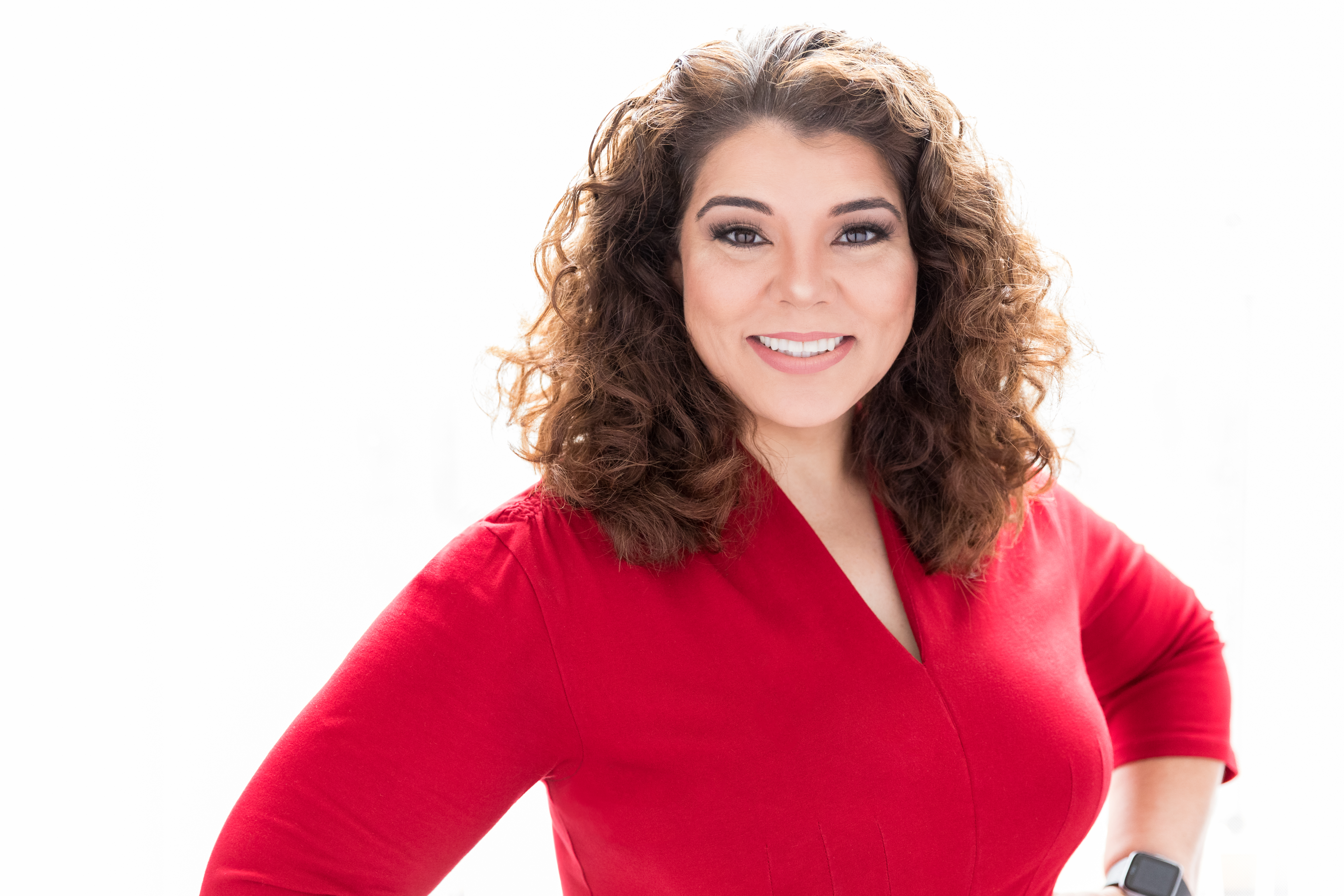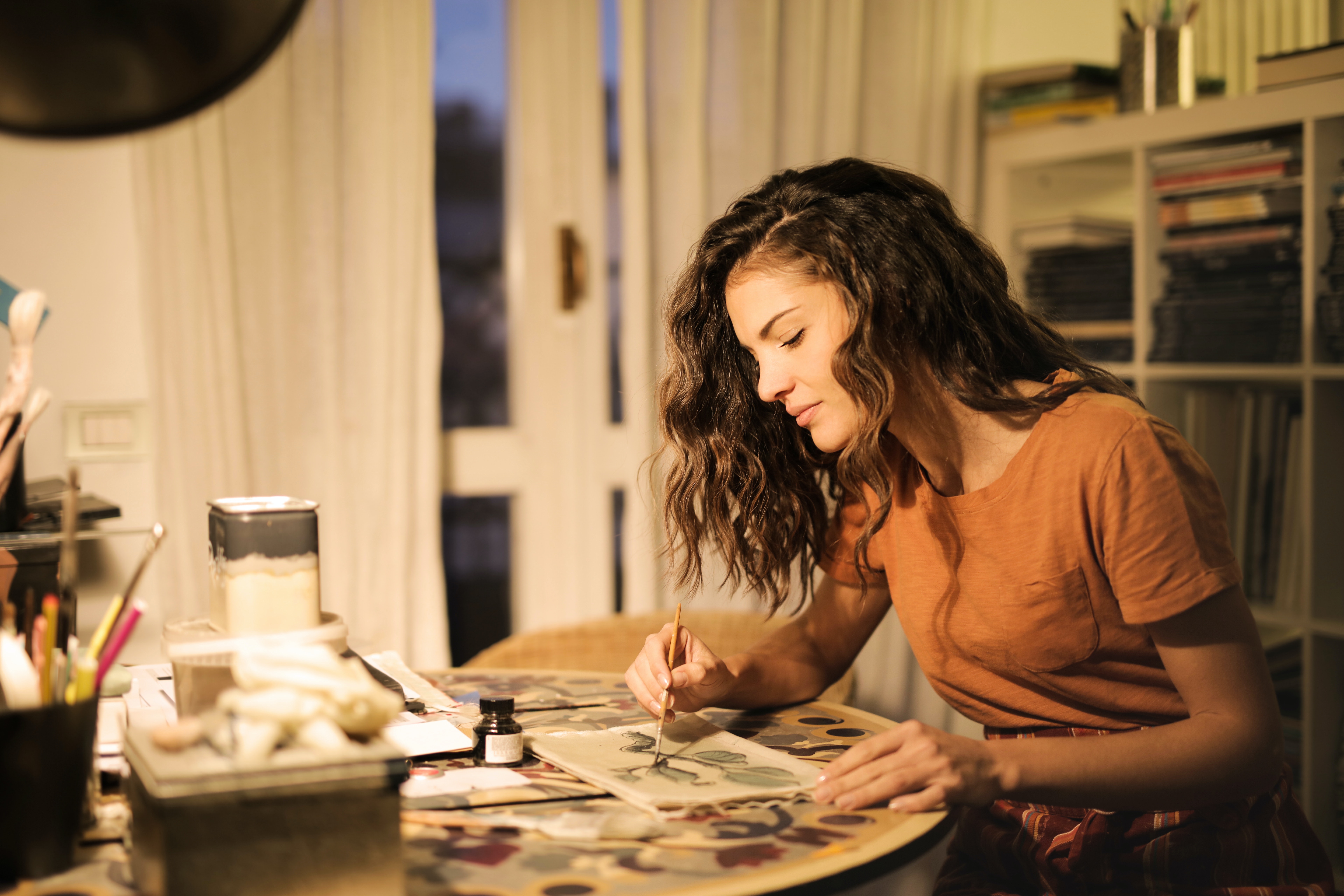A lot of people are, for the first time in years, spending hours inside their homes. For millions, they’re finding that the day is longer than they thought it was. Now that they don’t have to commute, or stay late for one more meeting, they may close their laptops, look around their homes, and realize they don’t know what to do with their time.
We have been so effective at centering our lives around work that we now have very little left to do once work is done. For years, we have “hacked” our homes and lives so that we could leverage every waking moment, reading the books we thought would help with our careers, turning business conferences into mini-vacations, paying for meal kit service because we didn’t think we had time to cook. We have let personal relationships wither because we didn’t have time for them, and now find we have no one to talk to or rely on during this crisis.
When was the last time you heard someone brag about their stamp collection? How many people still now how to sew or play the piano or play Bridge? My grandparents pressed flowers and whittled and created homemade jigsaw puzzles. They built model trains and gardened and made origami animals.
As the years passed and people became more convinced that their job was their identity, those hobbies fell by the wayside. That’s partly because consumerism rose as wages stagnated for the vast majority of workers. People began creating businesses around the activities they loved, hoping their passion would generate income.
As hobbies became side hustles, it also became clear that some hobbies were not profitable. I love to do cross stitch, but the work is so time-consuming that I would never be able to sell them for what they’re worth. If my hobby needed to turn a profit or “build my brand”, I would most likely drop it and take up print making or succulent planting.
By this point, hobbies that have no purpose beyond simple enjoyment and pleasure have mostly disappeared. What’s more, the concept of leveraging every moment has touched almost all aspects of our lives.
Here’s a personal example: Like a lot of other people, I have a stressful job. I try to mitigate the impact of that stress in a few ways: daily meditation helps a lot, drinking plenty of water, getting no less than seven hours of sleep. I also spend a few minutes each day sitting in a comfy chair and listening to nature sounds.
One day about four months ago, I was walking my dog through the woods. We live across the street from the enormous Rock Creek Park in Maryland and my dog and I take two to three walks every day, opting for the dirt trail in the trees rather than the paved path. I often use that time to catch up on my podcasts.
So, there I was, walking through the mountain laurels, chestnuts, and sycamores of the park, listening to a history podcast and so absorbed in it that I didn’t hear a bike coming. The rider was ringing his bell to warn me, but I had headphones on. He had to stop completely and walk around my dog and me.
I felt guilty, of course, so I took my headphones off. For the rest of the walk, I listened to the crunch of my feet in the dirt, the rustle of branches, woodpeckers tapping, the creek leaping over rocks, and my dog barking at squirrels. It occurred to me that this was almost exactly like the nature sounds tracks that I listened to at home, except it was 3D sound.
Why was I listening to forest sounds at home and then shutting out the live forest sounds when I took a walk?
The truth is, I had turned a hobby into a task. It turns out, there are many things in my life that I have codified and leveraged in an attempt to make every moment productive. I count every step, track my sleep, and post photos of my home cooking. I have a huge amount of houseplants and I’ve posted about them so often that the plants have become part of my personal brand. They’re not a hobby anymore; they’re work.
If you find yourself at home now, wondering what to do, may I suggest you find a hobby? Not a side hustle or a branding project, but a genuine interest. Find an activity that you enjoy for its own sake and then don’t mention it on social media.
Don’t read articles about how to “hack” it or leverage it. Don’t make it part of your brand. Stop hustling for a moment and do something just for the fun of it. Let yourself enjoy something without worrying what it’s worth. Sometimes, activities that have no value are more valuable than you expect.


